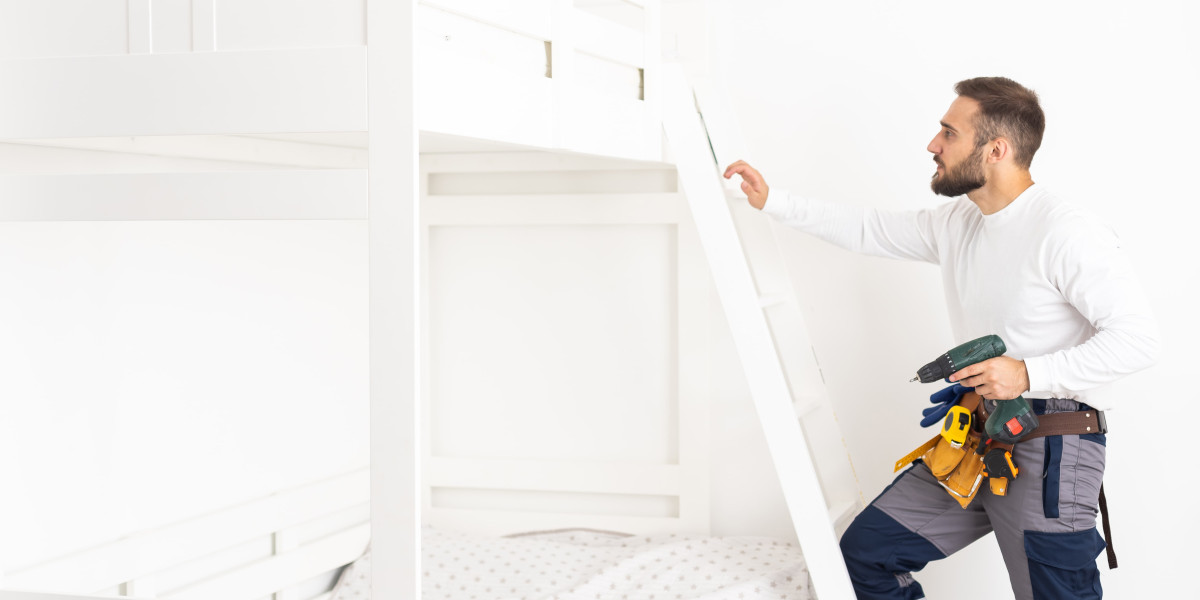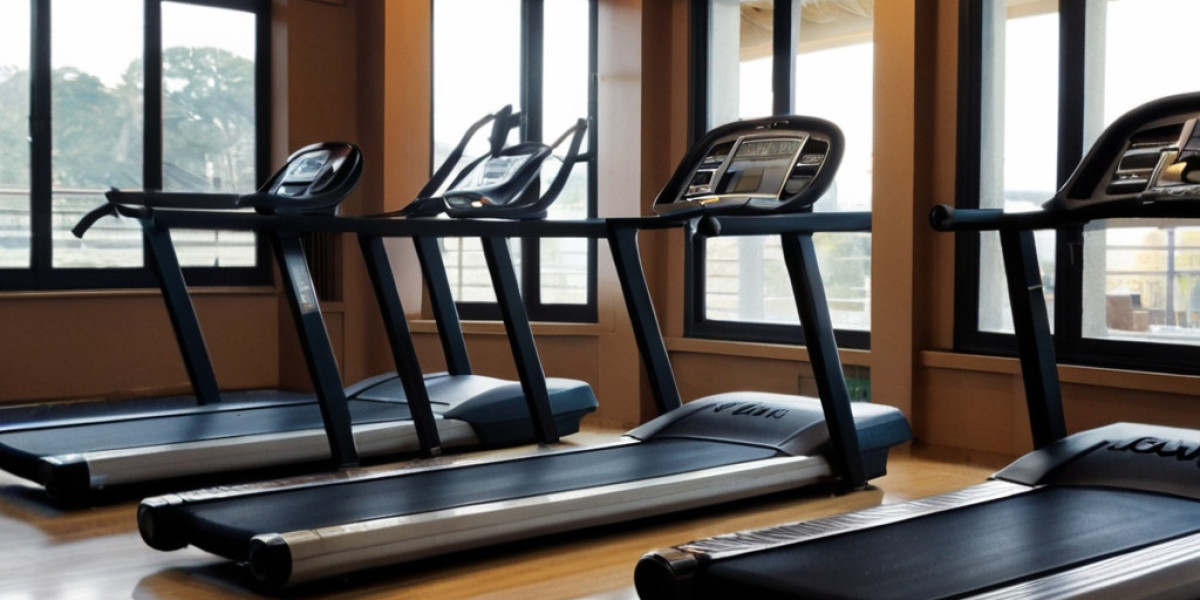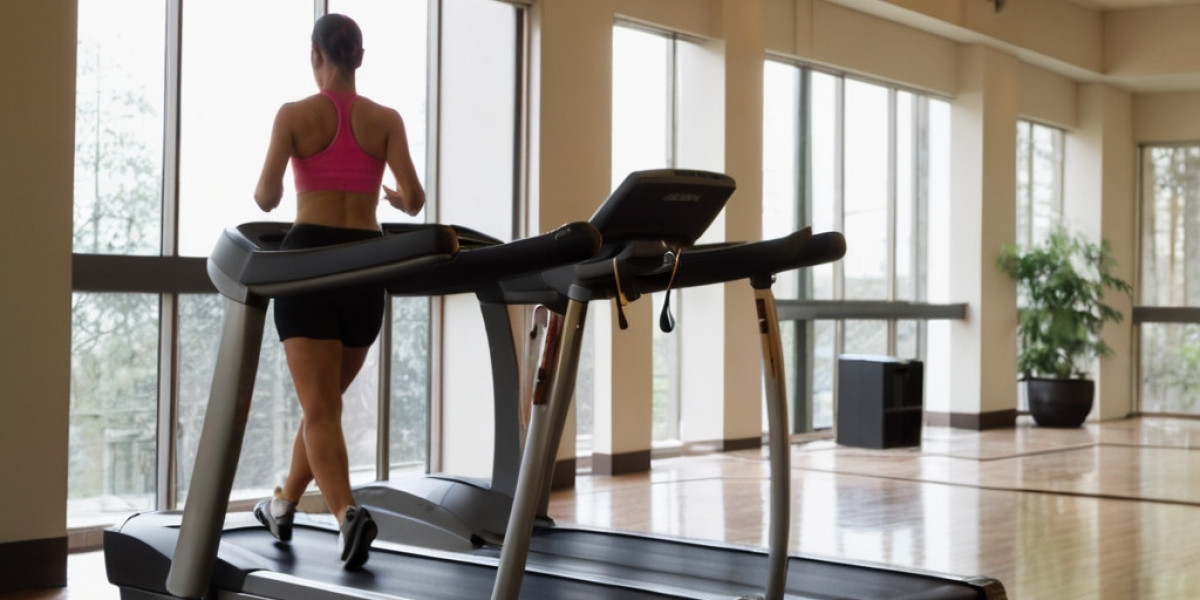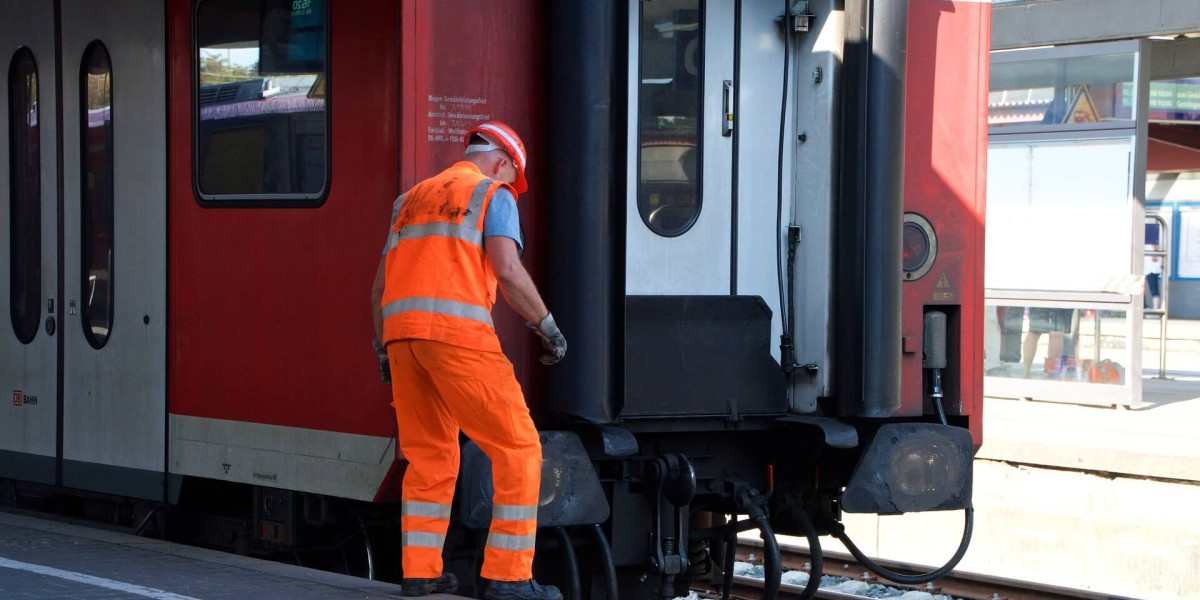The Ultimate Guide to Kids Bunk Beds: Maximizing Space and Fun
With the increase of vertical living and smaller spaces, the appeal of bunk beds has skyrocketed amongst families. Bunk beds not just offer a practical sleeping service, specifically in shared spaces, but they also bring an aspect of enjoyable into a child's life. This detailed guide delves into the features, advantages, and factors to consider of kids' bunk beds, making it easier for parents to select the ideal bed for their youngsters.
Functions of Kids Bunk Beds
Bunk beds are flexible pieces of furnishings that serve more than a single function. Here are some crucial features to consider:
| Feature | Description |
|---|---|
| Product | Bunk beds can be built from wood, metal, or a mix of both, offering varying levels of toughness and style alternatives. |
| Safety Features | A lot of bunk beds come equipped with guardrails, safe ladders, and capped supports for security, particularly crucial for children. |
| Style Variety | Choices vary from traditional styles to modern-day styles, ensuring a match for any space design. |
| Space-Efficiency | Bunk beds use vertical space, making them ideal for smaller spaces. |
| Convertible Options | Some designs can be transformed into two separate beds, providing flexibility as children grow. |
| Storage Solutions | Some bunk beds feature integrated storage drawers or racks, assisting to keep the space organized. |
Advantages of Kids Bunk Beds
Purchasing a bunk bed includes numerous advantages:
- Space Saving: Bunk beds optimize flooring space, enabling for more backyard or storage solutions.
- Fun Factor: With a bunk bed, kids bunk bed have a location that promotes creativity and friendship during slumber parties or playdates.
- Economical: Instead of acquiring two separate beds, a bunk bed can accommodate 2 children at once, saving money in the long run.
- Versatility: Many bunk beds can be dismantled or transformed into twin beds, making them a long-lasting investment as kids's needs change.
- Social Interaction: Bunk beds motivate household bonding and relationships, offering an inviting space for children to share stories and laughter.
Factors to consider When Choosing a Kids Bunk Bed
When picking the ideal bunk bed for a kid, moms and dads ought to take into consideration various elements:
- Safety Standards: Ensure that the bunk bed complies with safety policies and features vital safety features.
- Age Appropriateness: Different models cater to different age groups. For example, traditional bunk beds may not appropriate for more youthful kids.
- Space Dimensions: Measure the bedroom to ensure the bunk beds for adults uk bed fits properly, enabling space to walk around conveniently.
- Weight Capacity: Consider the weight load of each bed and ensure it accommodates the kid's weight conveniently.
- Style Preferences: Letting kids take part in the choice process can assist them feel more ecstatic about their brand-new bed.
Kinds Of Kids Bunk Beds
Bunk beds can be found in various designs and configurations to match different requirements:
| Type | Description |
|---|---|
| Standard Bunk Bed | A classic style with one bed stacked on top of another, usually utilizing a ladder to access the top childrens bunk beds. |
| L-Shaped Bunk Bed | Features 2 bunk beds connected in an L-shape, frequently more roomy and ideal for kids sharing a space but requiring a bit more space. |
| Triple toddler bunk beds Bed | Makes up 3 stacked beds, perfect for maximizing sleeping plans in extremely restricted areas. |
| Loft Bed | A raised bed with space beneath that can act as a backyard, research study corner, or additional storage. |
| Futon Bunk Bed | Combines a bunk bed on the top with a futon or sofa underneath, making it great for pajama parties and making the most of space usage. |
| Convertible Bunk Bed | Can be separated into two private beds, providing flexibility as kids's requirements change. |
Taking Care Of Kids Bunk Beds
Preserving bunk beds is essential for making sure longevity and security. Here are some simple care practices:
- Regular Inspections: Check the bed routinely for loose screws and tightened bolts to guarantee stability.
- Cleanliness: Keep bed linen clean and fresh, rotating bed mattress for even wear.
- Guardrails: Ensure guardrails are protected and in place, specifically if children tend to move around a lot in their sleep.
- Air Circulation: Ensure the bed has sufficient air flow, avoiding moisture buildup that can result in mold or mildew.
FAQs About Kids Bunk Beds
Q1: At what age can a child safely use a bunk bed?
A1: Generally, children aged 6 and older are thought about safe to use the upper bunk due to the height and stability aspects included.
Q2: Can I place a bunk bed near a window?
A2: It is recommended to avoid putting a bunk bed near windows to reduce the risk of falling or injuries.
Q3: Are bunk beds safe for more youthful kids?
A3: While some contemporary bunk beds come with security functions accommodating more youthful kids, it is generally recommended to wait up until they are older, typically over six years.
Q4: What is the normal weight limitation for top bunks?
A4: Weight limitations differ by design but usually vary from 150 to 250 pounds. Always describe the maker's specifications.
Q5: How often should I inspect the bunk bed's safety features?
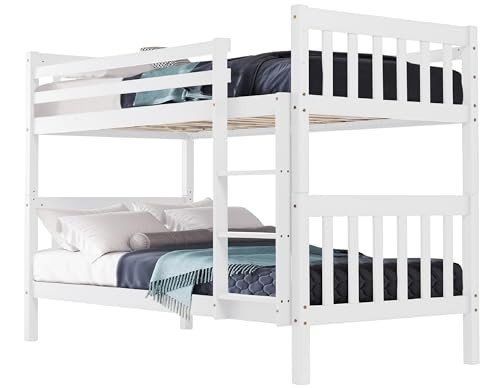
A5: It is recommended to perform a safety check every few months or whenever you observe any indications of wear.
Kids' bunk beds function as a tactical solution for families wanting to take full advantage of space while providing an enjoyable and appealing sleeping environment for their kids. With a range of choices offered-- from basic designs to loft beds-- moms and dads have the liberty to select something that meets their household's particular needs. By thinking about essential factors such as safety, room viability, and their children's preferences, moms and dads can make an informed option, guaranteeing that each child is delighted about bedtime while gaining from an efficient room.
